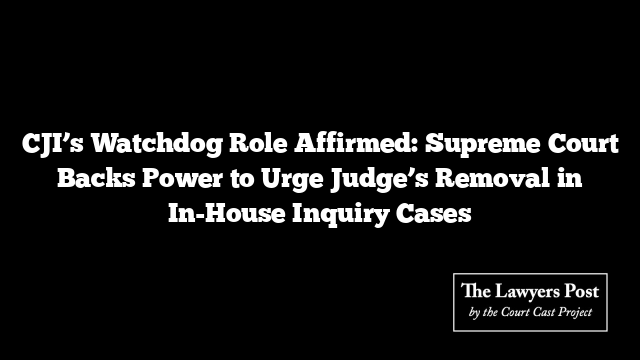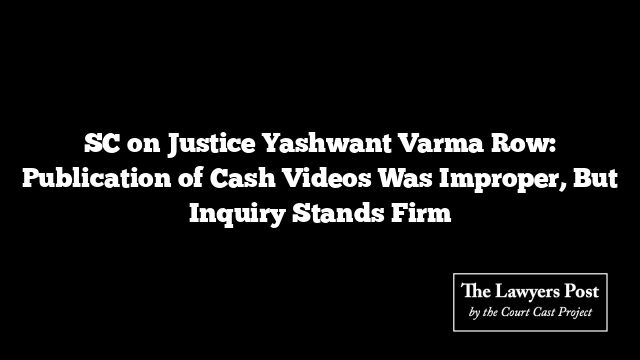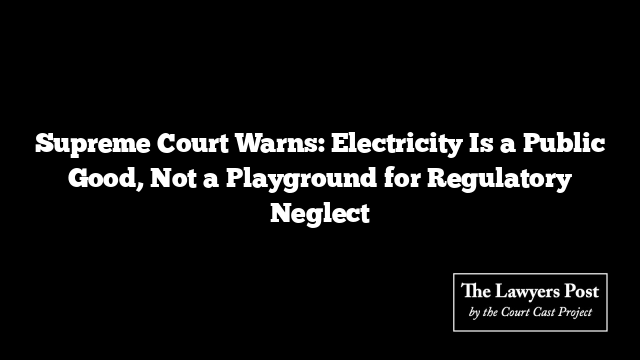In a ruling that underscores the top judge’s duty as custodian of judicial integrity, the Supreme Court has held that the Chief Justice of India can recommend a judge’s removal to the President and the Prime Minister while forwarding the findings of an in-house inquiry.
The decision came as the Court dismissed Justice Yashwant Varma’s challenge to an in-house committee report that faulted him in an unaccounted cash controversy. The bench made it clear that the provision empowering the CJI to send such reports, with observations, to the highest constitutional authorities is “legal and valid.”
The judges stressed that the CJI’s responsibility goes beyond routine administration. As “leader of the judiciary,” the CJI must ensure the justice system remains “pure, clean and unpolluted.” Waiting passively for Parliament to act, they said, would be an abdication of that moral, ethical, and legal duty.
While the Court did not confirm whether the CJI actually recommended Justice Varma’s removal—since the letter remains outside public view—it held that even if such advice was given, it would be beyond reproach. Such communications, the Court noted, are meant solely for the President and Prime Minister, not public consumption.
Reaffirming the framework devised in K. Veeraswami v. Union of India (1991), the Court described the in-house procedure as a carefully crafted mechanism to address misconduct that may not reach the constitutional threshold of “proved misbehaviour” or “incapacity” required for impeachment under Article 124. Without it, the judiciary would be left exposed to reputational harm without a practical corrective tool.
Justice Dipankar Datta and Justice A.G. Masih rejected arguments that a CJI’s recommendation could improperly influence lawmakers. The Judges Inquiry Act, they said, has its own mandatory process, and the CJI’s role is not that of a “mere post office” shuffling papers between a committee and constitutional heads.
If the in-house panel—constituted by the CJI—finds serious misconduct warranting removal, the CJI may endorse that view when forwarding the report. The Court stressed that the procedure is far from “toothless,” and that no prejudice arises from the CJI’s opinion since Parliament follows its own statutory path before taking any removal action.
In essence, the judgment cements the CJI’s position not just as an administrative head, but as a guardian of the judiciary’s credibility—empowered to act decisively when misconduct threatens the institution’s integrity.





